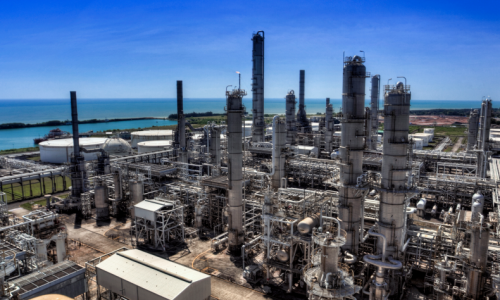Banten province has been expanding agroindustry in Cibadak district since 2021 with an investment worth IDR 179.29 billion. The district is well-known as a rice producer in Indonesia. The area is highly potential to invest in food industry.
Cibadak district is located in Lebak regency, Banten. In 2021, the province had a population of 12 million in an area of 9,662.92 square kilometers. The population is mostly Muslim with a percentage of 94.62%. Banten offers four investment opportunities, and agroindustry especially rice mills is one of them. The province has 15 industrial regions, 2 airports, 5 ports, 38 educational facilities, 75 hotels and 88 hospitals.
The Investment Coordinating Board (BKPM) is assisting Banten in the agroindustry. The agency is an investment institution in Indonesia that deals with domestic and foreign investments and projects. It also implements necessary policies and coordination based on Indonesian regulations. Investment Minister Bahlil Lahadalia currently chairs the BPKM since 2021.
Investment opportunities in agroindustry
Banten has developed the agroindustry in Cibadak district since 2021. The investment worth IDR 179.29 billion with an interest rate of return (IRR) of 21.02%, a net present value (NPV) of IDR 23.99 billion and a payback period of 3.92 years.
The province is the third largest producer of rice in Indonesia. Therefore, it offers opportunities to potential investors. However, dry grains – that could be processed into rice – became cheap and it would harm the farmers.
With the assistance from the BKPM, the regency could offer potential investment to establish a modern rice mill to empower the harvested dry grain.
According to Head of Banten Agriculture Agency, Agus M. Tauchid, there was only 419,091 hectares of rice field in Banten in 2021. It was lower than the target of 429,045 ha.
Meanwhile, Statistics Indonesia (BPS)’s Banten office said that in the same year, the harvested area reached 318,250 ha, with a production of 1.6 million tons of Harvested Dry Grain (GKP) with total rice production reaching 913,100 tons of rice.
Risks in agroindustry
Even with the amount of production capacity and potential in the agroindustry, Indonesia is still facing several problems.
There are several regulations which are not powerful enough in the agrarian reform agenda, such as the Presidential Regulation No. 86/2018 on agrarian reform. The regulation has some weaknesses regarding the Agrarian Reform Task Force (GTRA) that does not involve farmers and farmer organizations at a central and regional level. This causes many agrarian conflicts such as the redistribution of lands that are identified as Land Objects for Agrarian Reform (TORA).
Chairman of the Indonesian Farmers Union (SPI), Henry Saragih, explained that in 2020 there were 37 cases of agrarian conflicts. He said there were several people who have experienced intimidation and violent acts. A total of 38 people were criminalized or discriminated against the law and four people died.









